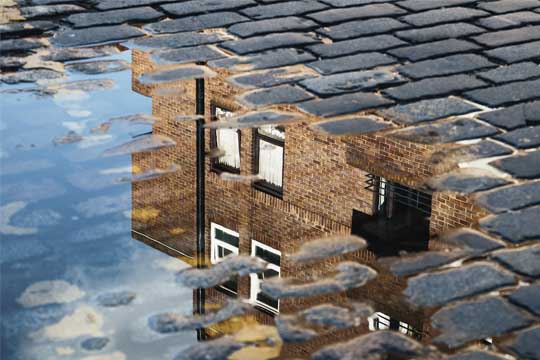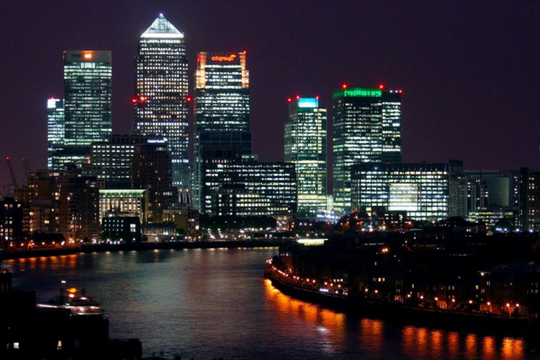When it comes to buying a property, you have many things to consider. One possible option is to buy an ex-council house. These homes have become available due to councils selling off their housing stock.
In this article, we will explore the pros and cons of this type of purchase.
The Pros of Buying an Ex-Council Property
There are several benefits to buying an ex-council property, including:
1.Ex-council properties can be low price
One significant benefit of buying an ex-council home is the properties can be cheaper to purchase. This essentially means that it’s straightforward and affordable to get on to the housing market. So if you are struggling or don’t have a large budget, this is an excellent choice for you.
2.Easy access
Another benefit of buying an ex-council house is that they are often very easy to access. Usually, you can make a viewing request online and access the property within a matter of hours. This is very different from buying a traditional home, where you often must plan in advance to see it.
3.Move-in ready
Typically, an ex-local authority (ex-LA) home has been lived in for years. This is a great plus for a potential buyer because the property is often already furnished. This makes them very easy to move into. However, it’s still worth checking the condition of things just in case.
4.Plenty of Space
When you buy a home sold by the council, you will likely get a lot of space for your money. And unlike a typical Victorian house, which is often split into flats, an ex-council home is usually spacious and has period features. This is one significant reason why they are so popular with many buyers.
The Cons of Buying an Ex-Council Property
There are plenty of benefits to buying an ex-council property, and there are also a few drawbacks to consider. We have highlighted some of these below:
1.Council tax
One drawback of buying an ex-LA home is that it’s likely to be in a less desirable area. This means that it may be challenging to find work, and therefore you may end up paying high council taxes.
2.Location
Another downside of buying an ex-council property is that you may struggle to find your perfect location. However, due to their low price and prime position, these homes can be bought up fairly quickly. Unfortunately, this also may mean that the growth in price won’t be the same as a regular house.
3.Renovations
Due to their age, this type of property typically requires renovations. For example, many council properties were built between the 1950s and 1980s. So, it’s worth checking the extent of necessary renvoations before you buy.
4.Upkeep
Buying any home comes with a certain level of upkeep. However, this is even more of an issue with ex-council homes. Therefore, you must factor in the cost of renovations and other potential work. In addition, owning and maintaining a home can be more expensive than renting a council house.
5.Stigma
Another downside to buying an ex-local authority property is the stigma attached to living on a council estate. Some people feel that these homes are lower quality and not as nice as traditional homes. Of course, this is entirely untrue but can still prove a challenge for people who feel this way. Generally, ex-council estates are known for their tight sense of community.
6.Repairs and dampness
Another pitfall of buying an ex-council home is that you will often be responsible for repairs and dampness. This is not the case with a traditional sale or a modern new build where the new owner is not responsible for these issues and other hidden costs.
What to Consider Before Buying an Ex-Council Property
When it comes time to buy a property, there are many things to consider. But there are a few specific things to keep in mind if you’re interested in purchasing an ex-council property.
Here we’ll explore three crucial questions you should ask yourself before making such a purchase.
What are the legal obligations I’m taking on?
When buying an ex-council property, you should ask yourself whether or not you’re okay with the legal obligations that come along with such a property. For example, when it comes to an ex-council flat, you’re expected to pay for the services that the council would have provided. This includes annual service charges that you didn’t have to pay before.
What will I have to pay for?
It’s important to determine upfront precisely what you’ll be expected to pay for and how much it’ll cost you. For example, what’s happening with the heating? Did it break down recently? Will you be responsible for its maintenance once you buy the property? What about bills for things like hot water or water rates? Again, it’s important to know upfront what you’ll be expected to pay for.
How much will these services cost?
It’s essential to know how much the bills will cost you. For example, how much are your heating bills likely to be? Do you have any idea what the cost of the hot water might be? Will you need to pay water rates? It’s vital to be aware of the financial responsibilities you’ll take on by buying an ex-council property.
What else may I have to pay for?
There’s a possibility that there are more costs you’ll have to take on after buying an ex-council property. For example, if the roof tiles need replacing or fixing, this cost may fall to you. Therefore, it’s essential to ask yourself if you’re okay with the financial responsibilities of buying an ex-council property.
Conclusion
Ex-council properties can be a great way to get onto the property ladder. They are often available at a lower price than other homes. However, it is crucial to count the cost of owning a home. By weighing up the pros and cons of buying an ex-council property, you can make an informed decision about whether this is the right option for you.
If you’re looking to buy a new property then get in touch with one of our team or search properties for sale here.




